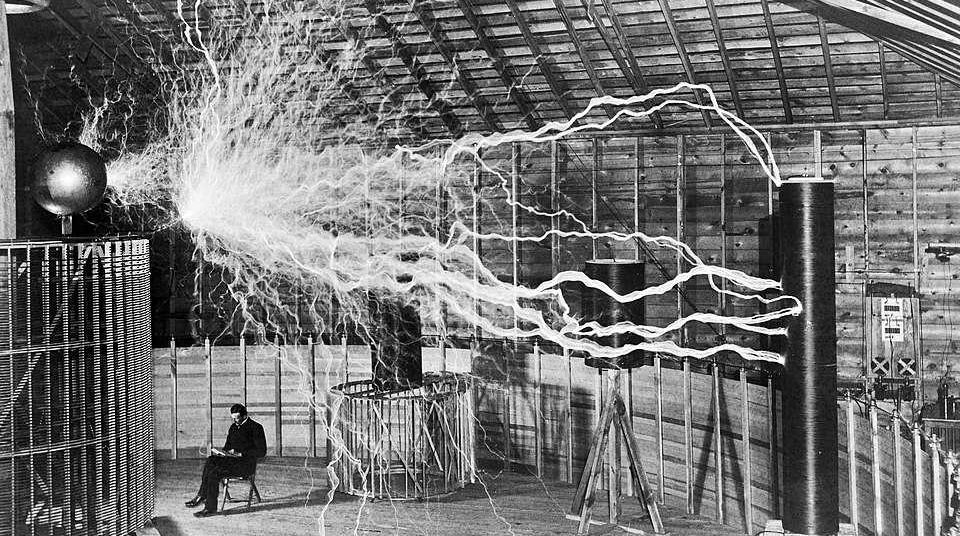What is 'eggshell parenting'? Psychologist breaks down the complicated parenting style
'Eggshell parenting' is a new buzzword that warrants serious consideration.

Having to “walk on eggshells” is an uncomfortable situation for anyone. But when children are forced to do it around the very people meant to keep them safe, it’s downright painful. And the damage caused can be long-lasting.
In a viral TikTok post, psychologist Dr. Kim Sage breaks down this unhealthy parenting style and what exactly constitutes an “eggshell parent.”
With eggshell parents, Dr. Sage explains, the parent’s mood is always “unstable” and “like being on a rollercoaster.”
An emotional outburst could include name calling, verbal berating, gaslighting, accusations, threats, intimidation, shame, mocking, invalidation, yelling, even destroying possessions…while other times the mom or dad might be very supportive and loving.
Never knowing what to expect, kids of eggshell parents then have to become “hypervigilant” to prepare for whatever comes next.
@drkimsage Eggshell parenting and emotionally unpredictable, unsafe parenting often creates a lifetime of hypervigilance in us —and a deep belief that there’s no such thing as real safety in relationships.💔#eggshellparent #toxicparent #walkingoneggshells #emotionallyimmatureparents #narcissisticparent #drkimsage ♬ original sound - Dr. Kim🦋Psychologist
Oftentimes, Dr. Sage notes, this kind of dynamic leads to parentification and/or enmeshment, leaving the child not only without emotional boundaries of their own but also in a position of regulating the parent’s emotions and possibly even taking care of the household while doing so.
The biggest problem with eggshell parenting is that it eviscerates trust.
“No matter how much ‘good love’ you give as a parent…if tomorrow that love is unsafe, if it’s hurtful, if it’s conditional…the good love doesn’t really mean the same thing,” Dr. Sage says in a follow-up video.
How does this dynamic carry over into a kid’s adulthood? It shows up as social anxiety, an inherent lack of trust in others and a tendency to isolate.
In other words: “What you start to believe is that if your own mother or father or caregiver is not generally consistently safe, then no one is safe.”
@drkimsage Eggshell mothers, eggshell fathers, eggshell parents…#eggshellmother #eggshellparent #enmeshment #parentification #drkimsage #toxicparent ♬ original sound - Dr. Kim🦋Psychologist
Dr. Sage’s videos struck a chord with millions of viewers who considered themselves raised by eggshell parents.
One person recalled, “This is my family. Constantly dancing around my father’s moods and my mother’s coping mechanisms. Neither able to connect with me on any meaningful level.”
Another added, “It was like a battlefield. You had to worry about sniper fire and bombs going off. Truly feared for my life.”
Still another wrote, “Anxiety. Scanning. Waiting. It’s exhausting. I spend weekends by myself by choice. It takes days to feel like me after socializing.”
Considering that so many people feel the aftermath of certain toxic parenting styles like eggshell parenting, it’s no wonder why parents today are so interested in gentler and healthier approaches.
In order to avoid repeating the eggshell pattern, Dr. Sage recommends that parents take active steps to regulate their own emotions, rather than displaying volatility towards their children. And if there is a sudden emotional shift, take responsibility for the action instead of leaving kids to internalize it all.
So much of parenting seems to be figuring out how to avoid the shortcomings of our own parents. Luckily, social media and helpful professionals like Dr. Sage make that task just a little bit easier.
Catch even more of her videos here.
This article originally appeared on 8.23.23
- Mom documents positive parenting on TikTok and the heartwarming results in her kids ›
- Kristen Bell's 'honest parenting approach' could help other parents. ›
- Dad 'gentle parenting with malicious intent' is making people laugh and sparking a new parenting technique ›
- Mom refuses to let kid go to "drop-off" birthday party - Upworthy ›



 A UPS truck with package deliveries.Image via Wikipedia
A UPS truck with package deliveries.Image via Wikipedia
 A man at a grocery store in the produce aisle.
A man at a grocery store in the produce aisle. A close-up of hands prepping baking ingredients.
A close-up of hands prepping baking ingredients.  A warehouse full of stacked boxes.
A warehouse full of stacked boxes.  A yellow shirt with a stain, lemon, and baking powder
A yellow shirt with a stain, lemon, and baking powder

 Nikola Tesla with his equipment. via
Nikola Tesla with his equipment. via 